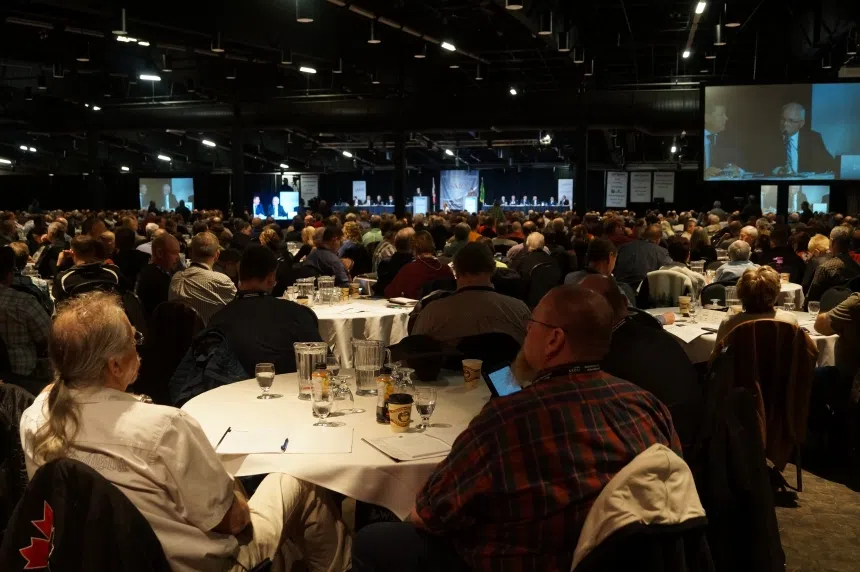
RCMP encourage old and new methods to fight rural crime
Mounties are urging people to consider using new technology to help with both preventing and solving crimes in rural Saskatchewan.
A recent spike in thefts made the issue a big topic of discussion at this week’s SARM convention in Saskatoon.
On Thursday, RCMP Corporal Mel Zurevinsky spoke at the convention. He encouraged people to record suspicious activity with their smartphones.
“It’s immense what technology could do for rural crime watch and preventing crime,” Zurevinsky said.


